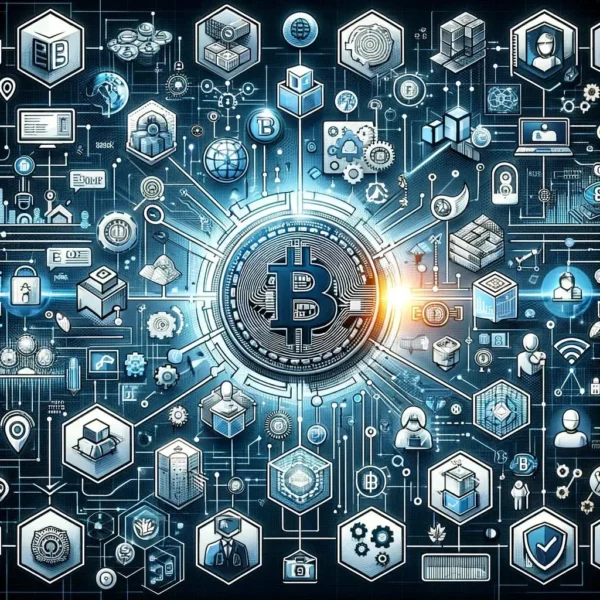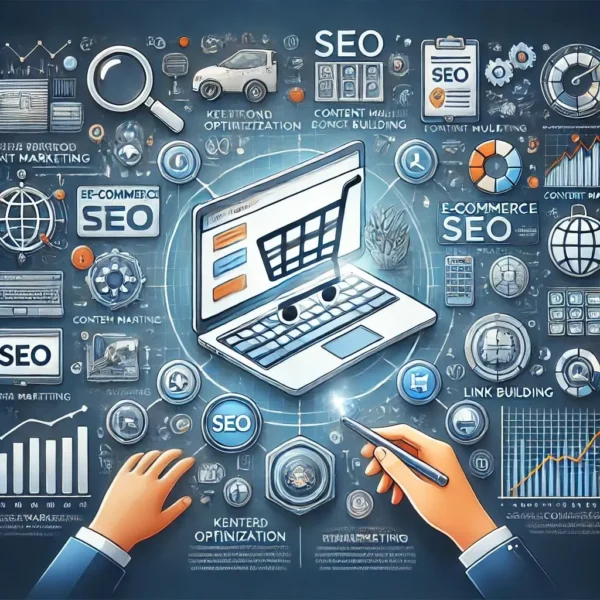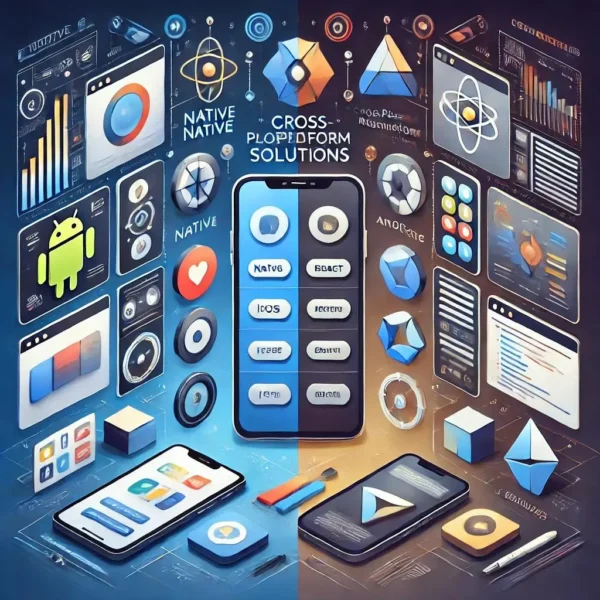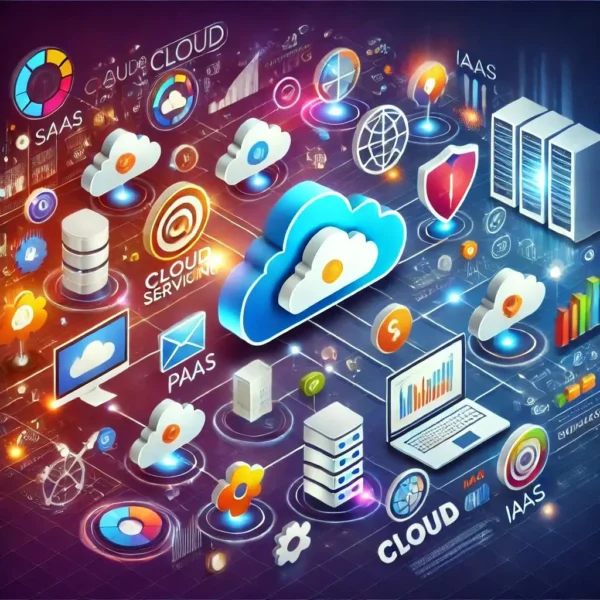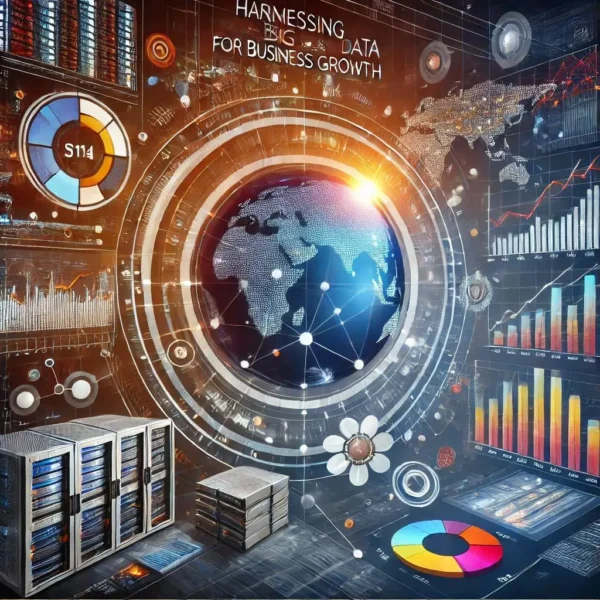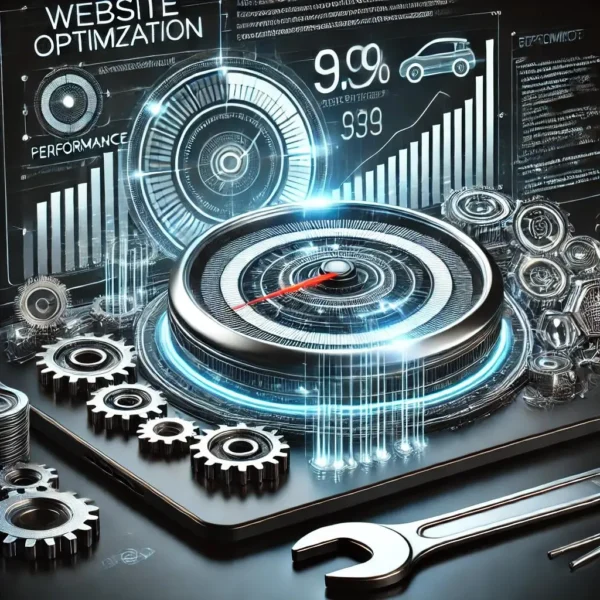Introduction
The Internet of Things (IoT) has become a buzzword in the tech world, signifying a future where devices, machines, and systems are interconnected to streamline processes and enhance efficiencies. As IoT continues to evolve, its relevance in today’s digital landscape grows exponentially. From smart homes to smart factories, IoT is transforming how we live and work. This blog delves into the future of IoT, exploring the latest innovations, their impact on various industries, and the challenges businesses must consider for successful integration.
Innovations in IoT
The IoT landscape is continuously evolving with groundbreaking innovations that promise to revolutionize various sectors. Here are some emerging technologies and their applications:
- Edge Computing Edge computing is changing the IoT game by bringing data processing closer to the source of data generation. This reduces latency and bandwidth usage, enabling real-time analytics and decision-making. Applications range from autonomous vehicles to industrial automation, where quick response times are crucial.
- 5G Connectivity The advent of 5G technology is set to turbocharge IoT by providing faster, more reliable connections. This enhanced connectivity supports the deployment of a higher number of IoT devices, facilitating advancements in smart cities, healthcare, and manufacturing.
- AI and Machine Learning Integration Integrating AI and machine learning with IoT devices allows for smarter, more autonomous systems. These technologies can analyze vast amounts of data generated by IoT devices to predict maintenance needs, optimize operations, and improve user experiences.
- Advanced Sensors The development of advanced sensors is expanding the capabilities of IoT devices. These sensors can monitor a wide range of environmental and physiological parameters, making them invaluable in sectors like healthcare, agriculture, and environmental monitoring.
- Blockchain for IoT Security Blockchain technology is emerging as a solution to enhance IoT security. By providing a decentralized and tamper-proof ledger, blockchain can help secure data exchanges between IoT devices, mitigating risks of cyber attacks and data breaches.
Impact on Various Industries
IoT innovations are making significant impacts across various industries. Let’s explore how specific sectors are being transformed:
- Manufacturing IoT is revolutionizing manufacturing through the Industrial Internet of Things (IIoT). Smart factories equipped with connected sensors and devices can monitor equipment performance, predict maintenance needs, and optimize production processes, leading to increased efficiency and reduced downtime.
- Healthcare In healthcare, IoT devices such as wearable health monitors and smart medical equipment are enhancing patient care. These devices provide real-time health data, enabling remote monitoring and timely interventions. IoT also improves operational efficiency in healthcare facilities through asset tracking and automated systems.
- Retail IoT is transforming the retail industry by enhancing the shopping experience and optimizing supply chain management. Smart shelves, RFID tags, and connected point-of-sale systems allow retailers to manage inventory in real-time, personalize customer interactions, and streamline operations.
- Agriculture IoT applications in agriculture, or smart farming, include precision farming techniques that use sensors and drones to monitor crop health, soil conditions, and weather patterns. This data-driven approach enables farmers to optimize resource use, increase yield, and reduce environmental impact.
- Transportation and Logistics IoT enhances transportation and logistics by enabling real-time tracking of vehicles and goods. Connected systems can optimize routes, monitor vehicle conditions, and improve delivery times, resulting in cost savings and better customer satisfaction.
Challenges and Considerations
While the potential of IoT is immense, businesses must address several challenges to fully harness its benefits:
- Security Issues As IoT devices proliferate, so do the security risks. Ensuring robust security measures, such as encryption and secure authentication, is critical to protect against cyber threats and data breaches.
- Data Management IoT generates vast amounts of data that need to be collected, processed, and analyzed. Effective data management strategies, including data storage solutions and real-time analytics, are essential for extracting valuable insights from IoT data.
Integration and Interoperability Integrating IoT solutions with existing systems and ensuring interoperability between different devices and platforms can be complex.


